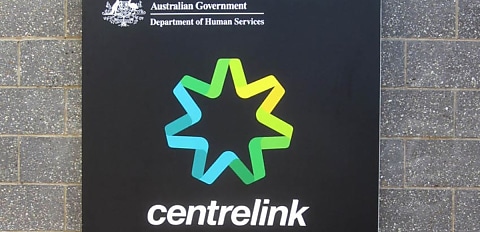The Royal Commission into the Robodebt Scheme concluded on Friday (10 March) after six months of investigation and four rounds of hearings. In the conduct of its enquiry, the commission heard from more than 90 witnesses, including former Prime Ministers Scott Morrison and Malcolm Turnbull.
A final report is expected to be handed to government no later than 18 April 2023.
Earlier this month, the royal commission released a number of submissions, which detail the harrowing effect of the Robodebt scheme on Australians.
A submission from Royal Australia and New Zealand College of Psychiatrists (RANZCP) emphasised the traumatic impact on victims.
“Trauma can present in various forms and in varied contexts and may be defined as the broad psychological and neurobiological effects of an event, or series of events, which produces experiences of overwhelming fear, stress, helplessness or horror,” it said.
The RANZCP contends that the experiences of the Robodebt scheme’s victims reflect the interpersonal and prolonged nature of trauma, including the interplay of power dynamics and vulnerability, subjective experiences of cumulative stress levels, and the suddenness and uncontrollability of repeated stressor/s (debt collection efforts).”
The RANZCP explained that trauma can cause a range of comorbid problems including mental and physical health conditions, suicidality and self-harming behaviours, harmful substance use and addictions, dissociation, and self-esteem issues.
“The consequences of trauma exposure can also have a cascading impact throughout families and communities, leading to ongoing relational and intergenerational trauma,” it said.
Nieves Murray, chief executive at Suicide Prevention Australia, pointed to research that found levels of personal debt are associated with suicidal ideation, even after adjusting for socioeconomic factors, lifestyle behaviours, and other risk factors.
“The Productivity Commission identified those experiencing financial distress or unemployment are at higher risk of developing mental illness, and those on income support payments are more likely to experience poverty,” Ms Murray said.
“The Productivity Commission reported that improving people’s overall quality of life, in particular in areas of mental health, employment, and income have significant long-term economic benefits. Many Australians who receive income support payments may be in distress.
“The automation of systems to replace human decision-making and compassion can elevate distress levels further among already vulnerable Australians.”
The Robodebt scheme was an unlawful method of automated debt assessment and recovery employed by the Australian government in 2016 as part of its Centrelink payment compliance program.
In 2020, the scheme was scrapped by the Morrison government after hundreds of thousands of Australians were wrongly issued debts.
In August 2022, Prime Minister Anthony Albanese announced the $30 million royal commission into Robodebt to consider, among other things, decisions made by those in positions of seniority for the scheme.
Robodebt is estimated to have raised debts of at least $1.76 billion against 433,000 Australian citizens.
It was shuttered after a successful class action (which Labor helped organise) that led to money being repaid to impacted victims.
Impacted Australians can reach out to the crisis support service Lifeline on 13 11 14.
[Related: Robodebt royal commission unearths mortgage impact]
